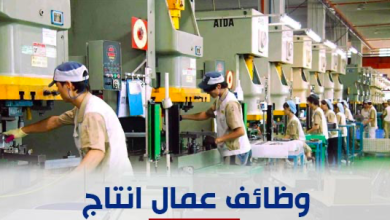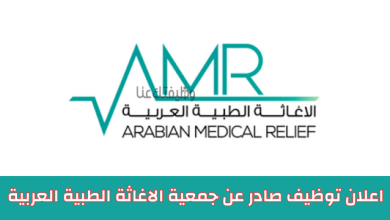Save the Children Consortium Syria Crisis Response in Jordan – Consultant

Background:
Save the Children Jordan, CARE Jordan, Plan International and Noor Al Hussein Foundation / Institute for Family Health are jointly implementing the “Save the Children Consortium Syria Crisis Response in Jordan” funded by the Australian Humanitarian Partnership (AHP). The project will address the need for improved social, educational, and economic well-being of Syrian refugees and the vulnerable host community affected by the protracted Syrian crisis and the COVID-19 pandemic. The project will support the educational and socio-economic wellbeing of children (aged 12-17) and their families through integrated interventions.
The project offers a comprehensive approach to improving the protection and social inclusive services for girls and boys (12 – 17 years old) through improved access to certified inclusive educational pathways and livelihoods through skills building. SC Jordan formed a consortium with Plan International, CARE Jordan, and, based on relevant technical and geographic complementarities, Noor Al Hussein Foundation (implementing partner under SCJ). All partners have demonstrated technical capacity in addressing education, child protection, and the livelihood needs of underserved refugee and host communities in Jordan.
Objectives of reviews:
The project requires an end-line evaluation to measure progress against the baseline survey and framework; This will help us to measure the project indicators at the output and outcome level, and The final evaluation will help us to assess how the outputs and outcomes of the project have contributed to the overall specific project objective and assess the impact of the project on OOSC and their families in Amman, Zaatari Camp by (Save the Children) Zarqa, Azraq Town, Azraq Camp by (CARE Jordan), Jordan Valley – Balqa and Irbid governorates by (Plan International) .
This includes
1- Collect end-line data using existing tools from the baseline and/or any extra tools.
2- Collect data for the log frame indicators.
3- Assess the success of the project.
The final evaluation report will:
1. Examine to what extent the project has achieved planned outcomes through measuring end-line indicators and engaging with each of the key evaluation questions listed below;
2. What contextual factors facilitated of hindered the implementation of the project and its effectiveness.
3. To what extent COVID-19 has affected the project implementation and objectives.
4. Identify best practices, lessons learnt, and evidence-based recommendations from the project that can inform future programming.
Tasks:
- Design of study tools
- Leading the data collection process, including training data collectors on the methodology and tools
- Cleaning and analyzing data
- Providing the below-mentioned deliverables
Deliverables:
- A technical proposal (not more than 10 pages) indicating how the consultant plans to undertake the activities highlighted in the ToR. This should include an overview of the proposed methodology. If the consulting team will be made up of several consultants, the role of each member of the team should be identified (e.g., team lead, primary report writer, qualitative data analyst, etc.)
- A capacity statement outlining the consultant’s ability to deliver a quality assessment report within the given timeframe, including an overview of relevant work and technical experience
- At least 2 samples of previous relevant work, including at least 1 assessment report that was 100% led by the lead consultant
- CV(s) of the consultant or each member consultancy team
- A financial proposal with explanations about line items
The evaluation process will be from September 2022 for up to 25 working days.
** Qualified Males and Females are welcome to apply.
للتقديم على الوظيفة من خلال الموقع الأصلي




